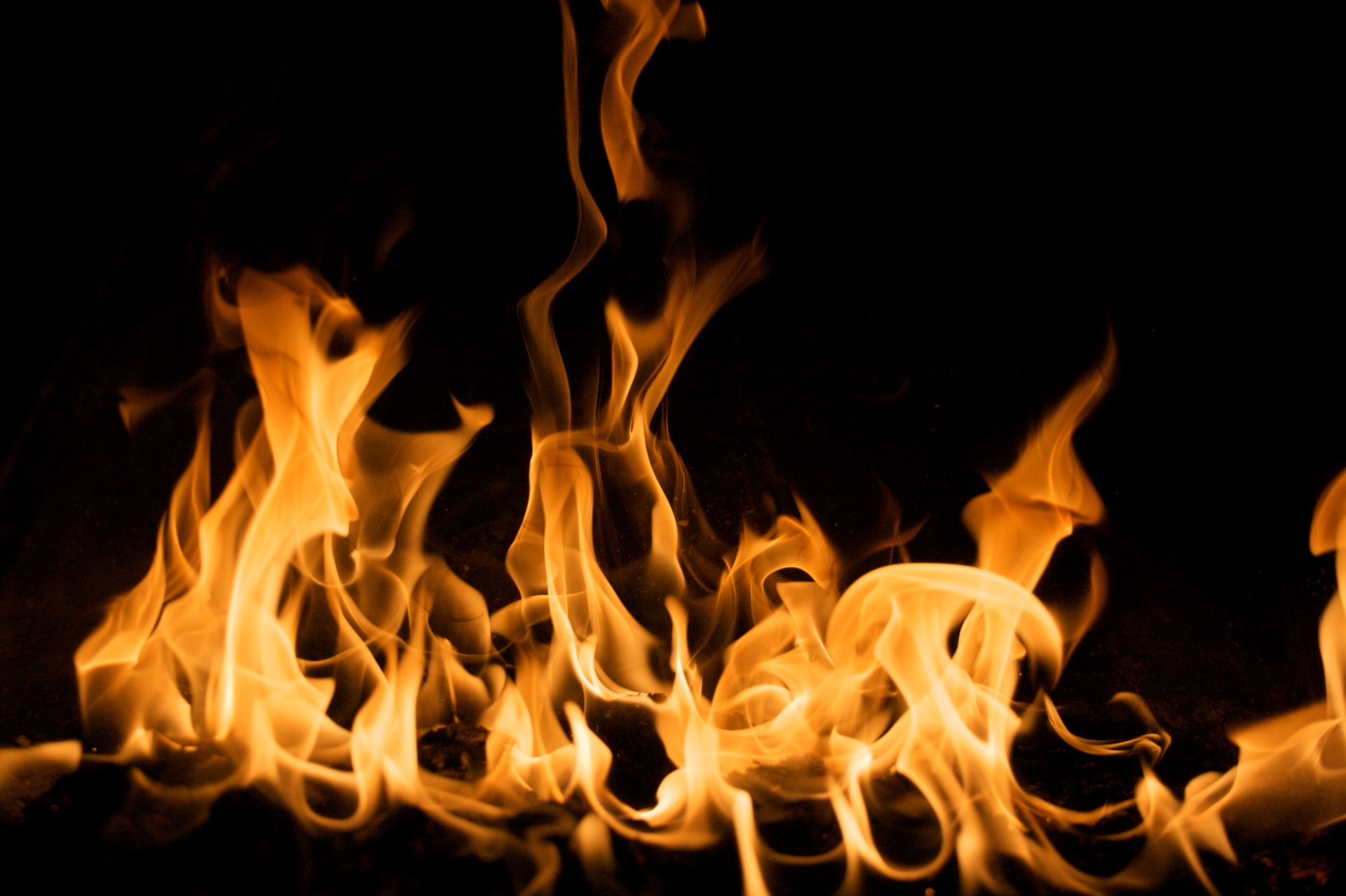You’ve probably heard about horrific instances of gas line fires and explosions that make the news.
Even though these fires can be disastrous, fortunately, they are uncommon.
Still, if you are in a home or business powered by natural gas, there are some precautions you can take to protect yourself against possible dangers resulting from gas lines.
About Gas Line Fires
The National Fire Protection Association (NFPA) estimates that between 2012 and 2016 local fire departments responded to an estimated 125,000 gas leaks on home properties each year.
According to an NFPA report (2018):
- Around 4,200 home fires, each year (US) are started by natural gas, killing about 40 people per year
- Local fire departments respond to an average of 340 natural gas or LP-Gas leaks per day
- Cooking equipment was involved in 54% of the natural gas fires
- Heating equipment was involved in 25% of these fires
The NFPA attributes some of these fires to a few specific technical causes.
One is that joints and fittings made of threaded black iron pipe may present a high risk for leaks if not installed or connected properly. They are also at risk of deterioration over time or because of exposure to movement, light, and natural forces.
Corrugated stainless steel gas tubing (CSST) is another type of pipeline that may be at risk. This type of piping is more flexible than the above, but this means that they are more vulnerable to damage through movement.
Why do gas lines explode?
Gas line fires can happen when there is a gas leak plus a spark. Gas leaks can happen with natural gas, but other types of gas fires that happen are sparked by methane, propane, and butane.
A gas line leak can occur due to:
- Improper installation of gas appliances
- Older appliances
- Loose valves
- Corroded fittings
- Loose fittings
- Damaged gas lines
- Improper use of appliances
- Clogged gas lines
- Defective equipment
- Faulty manufacturing of gas tanks
Older buildings and older appliances are generally at a higher risk of leaks and resulting explosions.
How to Prevent Gas Line Fires
Gas line fires are very rare, and even more so when you have professionals installing, inspecting, and maintaining your gas lines.
Fires typically will spark only in enclosed spaces with a high concentration of gas.
Small leaks, however, do happen sometimes and can occur in any area of a gas line, inside or outside the home.
Here are some tips for gas line safety in your home:
- Have professionals do regular inspections
- Place CO2 detectors near gas-powered appliances and vents
- Keep CO2 detectors tested and maintained
- Keep your home well-ventilated
- Employ only licensed contractors for renovations and new builds
- Carefully follow instructions for using gas-powered appliances and equipment
- Make sure there is a fire extinguisher on each floor of a building
- Know where the gas lines are on your property
Try not to panic if you do detect a leak, as in most instances the smell is enough to alert you to a small leak that is far from becoming a fire or explosion.
But if this happens, do leave the premises and call a gas company as soon as possible.
Most energy companies offer regular maintenance services which will include checking for leaks, and professionals have special equipment to ensure that everything is running properly.
Purchasing a carbon monoxide detector can also help with the detection of unsafe levels of CO2 in the air.
Signs of a Gas Line Leak
The “rotten egg” smell often associated with natural gas is an additive that is there to warn people about leaks, since natural gas is odorless. So that smell is the most obvious way to tell that there’s a leak.
Other possible signs of a gas leak include:
- A hissing or whistling noise at the source
- Higher gas bills
- Clouds near a gas line
- Damaged pipes
- Dead plants near the suspected gas leak
- Orange or red flames on a stove burner instead of blue
- A burned patch on the lawn
- The dial is spinning on the gas meter
The good news is that, if there is a leak, you’ll likely smell the CO2 long before any gas line fires occur.
Questions? Call RP Gas Piping
If you suspect a gas leak, the best thing to do is call your local gas company and get as far away from the leak as possible.
If you’re looking to get gas pipes installed, be sure to contact licensed and experienced gas pipe contractors.
Our 24-hour emergency services include residential and commercial leak repairs, re-piping, gas leak detection, and more.
Call us today and we’ll put your mind at ease.
Here are three more articles you might like:


